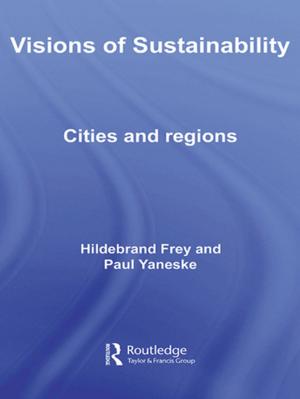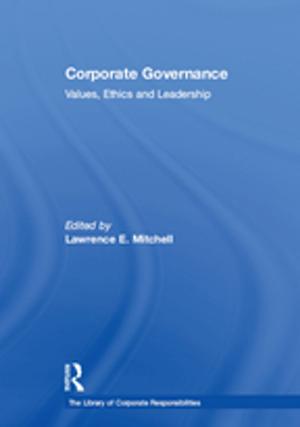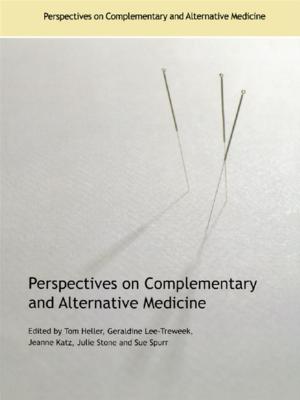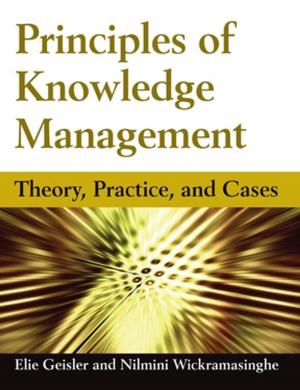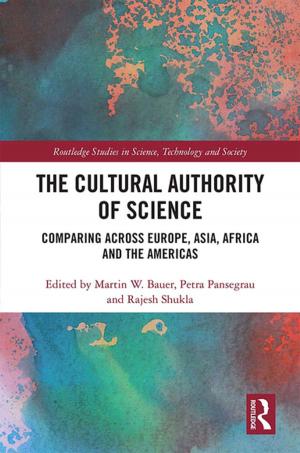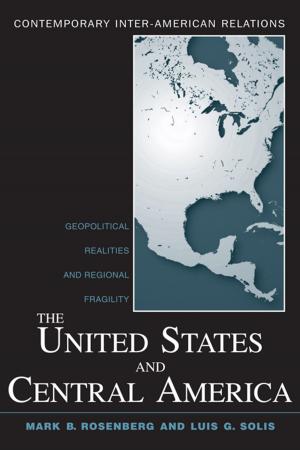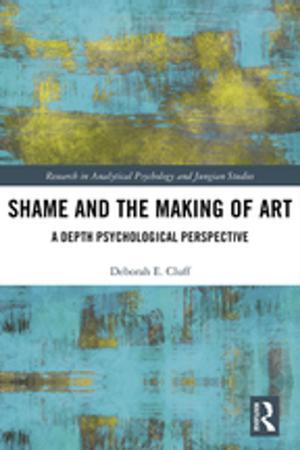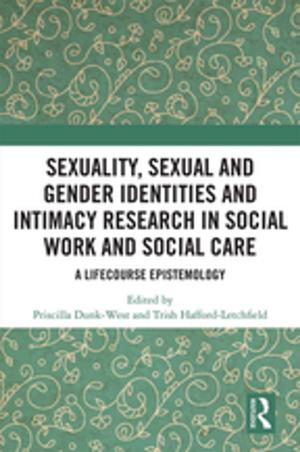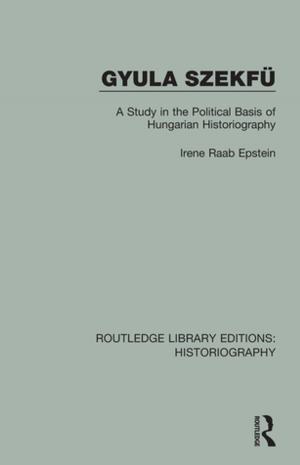Anna Seward: A Constructed Life
A Critical Biography
Fiction & Literature, Literary Theory & Criticism| Author: | Teresa Barnard | ISBN: | 9781317180661 |
| Publisher: | Taylor and Francis | Publication: | April 15, 2016 |
| Imprint: | Routledge | Language: | English |
| Author: | Teresa Barnard |
| ISBN: | 9781317180661 |
| Publisher: | Taylor and Francis |
| Publication: | April 15, 2016 |
| Imprint: | Routledge |
| Language: | English |
In her critical biography of Anna Seward (1742-1809), Teresa Barnard examines the poet's unpublished letters and manuscripts, providing a fresh perspective on Seward's life and historical milieu that restores and problematizes Seward's carefully constructed narrative of her life. Of the poet Anna Seward, it may be said with some veracity that hers was an epistolary life. What is known of Seward comes from six volumes of her letters and from juvenile letters that prefaced her books of poetry, all published posthumously. That Seward intended her correspondence to serve as her autobiography is clear, but she could not have anticipated that the letters she intended for publication would be drastically edited and censored by her literary editor, Walter Scott, and by her publisher, Archibald Constable. Stripped of their vitality and much of their significance, the published letters omit telling tales of the intricacies of the marriage market and Seward's own battles against gender inequality in the educational and workplace spheres. Seward's correspondents included Erasmus Darwin, William Hayley, Helen Maria Williams, and Robert Southey, and her letters are packed with stories and anecdotes about her friends' lives and characters, what they looked like, and how they lived. Particularly compelling is Barnard's discussion of Seward's astonishing last will and testament, a twenty-page document that summarizes her life, achievements, and self-definition as a writing woman. Barnard's biography not only challenges what is known about Seward, but provides new information about the lives and times of eighteenth-century writers.
In her critical biography of Anna Seward (1742-1809), Teresa Barnard examines the poet's unpublished letters and manuscripts, providing a fresh perspective on Seward's life and historical milieu that restores and problematizes Seward's carefully constructed narrative of her life. Of the poet Anna Seward, it may be said with some veracity that hers was an epistolary life. What is known of Seward comes from six volumes of her letters and from juvenile letters that prefaced her books of poetry, all published posthumously. That Seward intended her correspondence to serve as her autobiography is clear, but she could not have anticipated that the letters she intended for publication would be drastically edited and censored by her literary editor, Walter Scott, and by her publisher, Archibald Constable. Stripped of their vitality and much of their significance, the published letters omit telling tales of the intricacies of the marriage market and Seward's own battles against gender inequality in the educational and workplace spheres. Seward's correspondents included Erasmus Darwin, William Hayley, Helen Maria Williams, and Robert Southey, and her letters are packed with stories and anecdotes about her friends' lives and characters, what they looked like, and how they lived. Particularly compelling is Barnard's discussion of Seward's astonishing last will and testament, a twenty-page document that summarizes her life, achievements, and self-definition as a writing woman. Barnard's biography not only challenges what is known about Seward, but provides new information about the lives and times of eighteenth-century writers.

